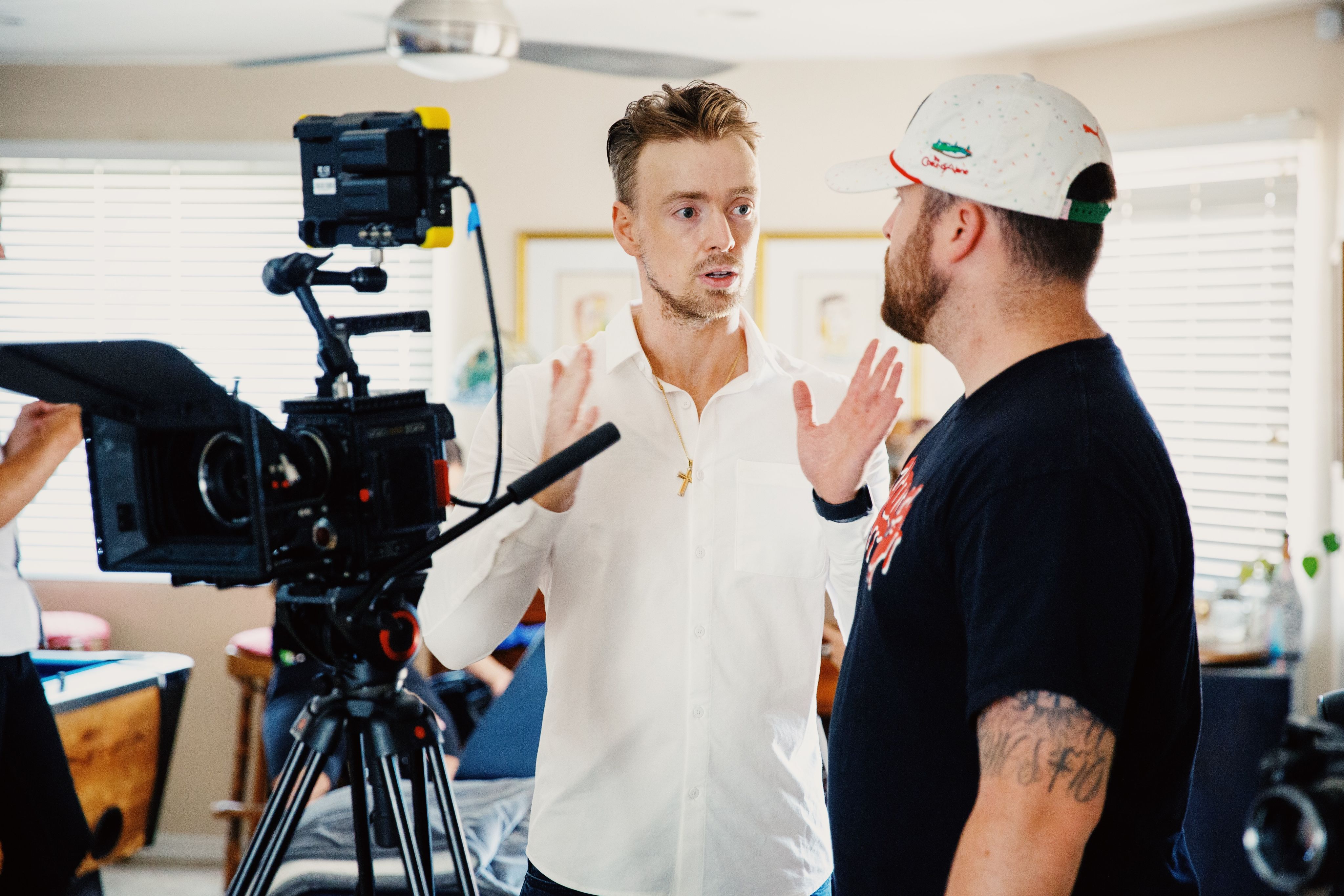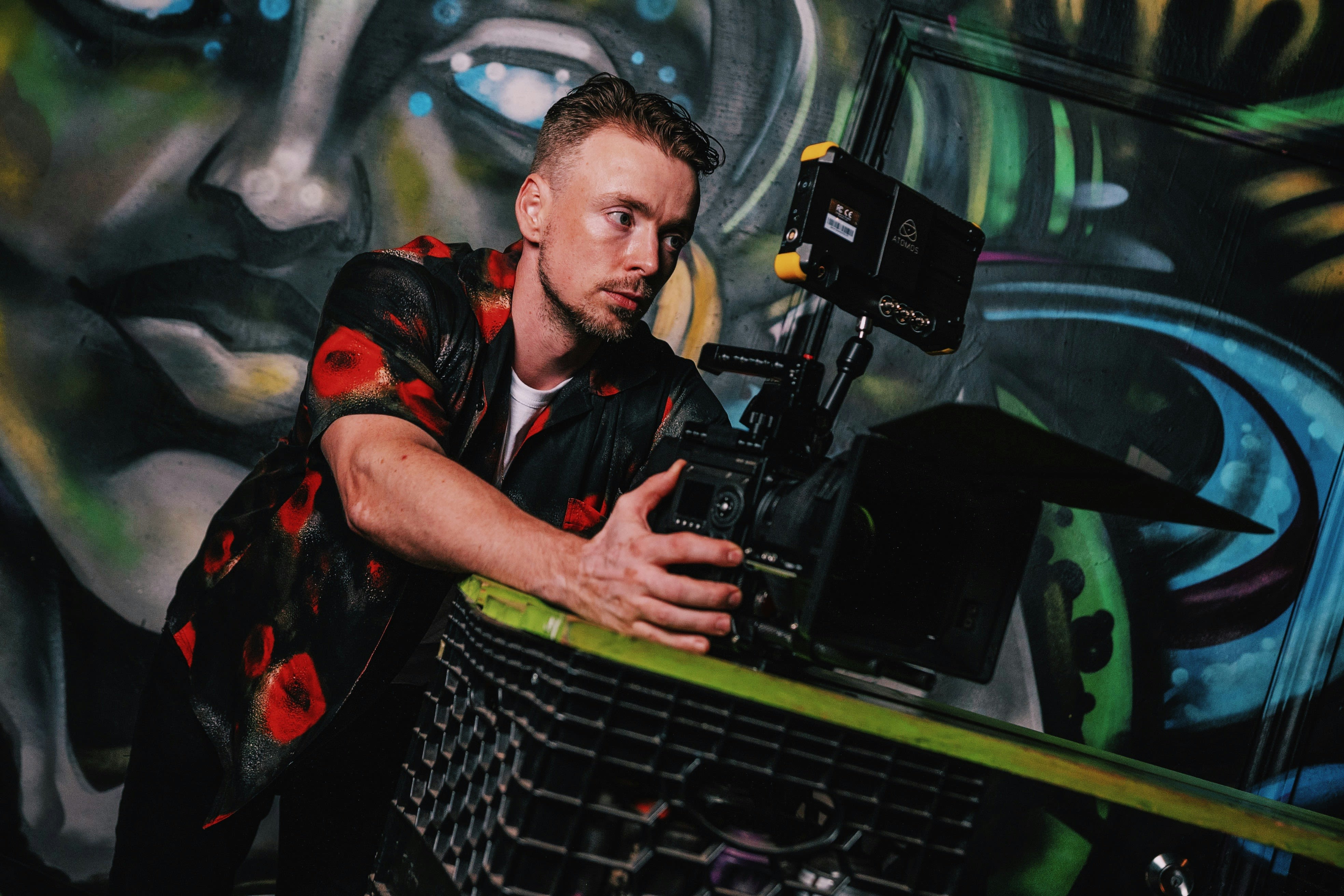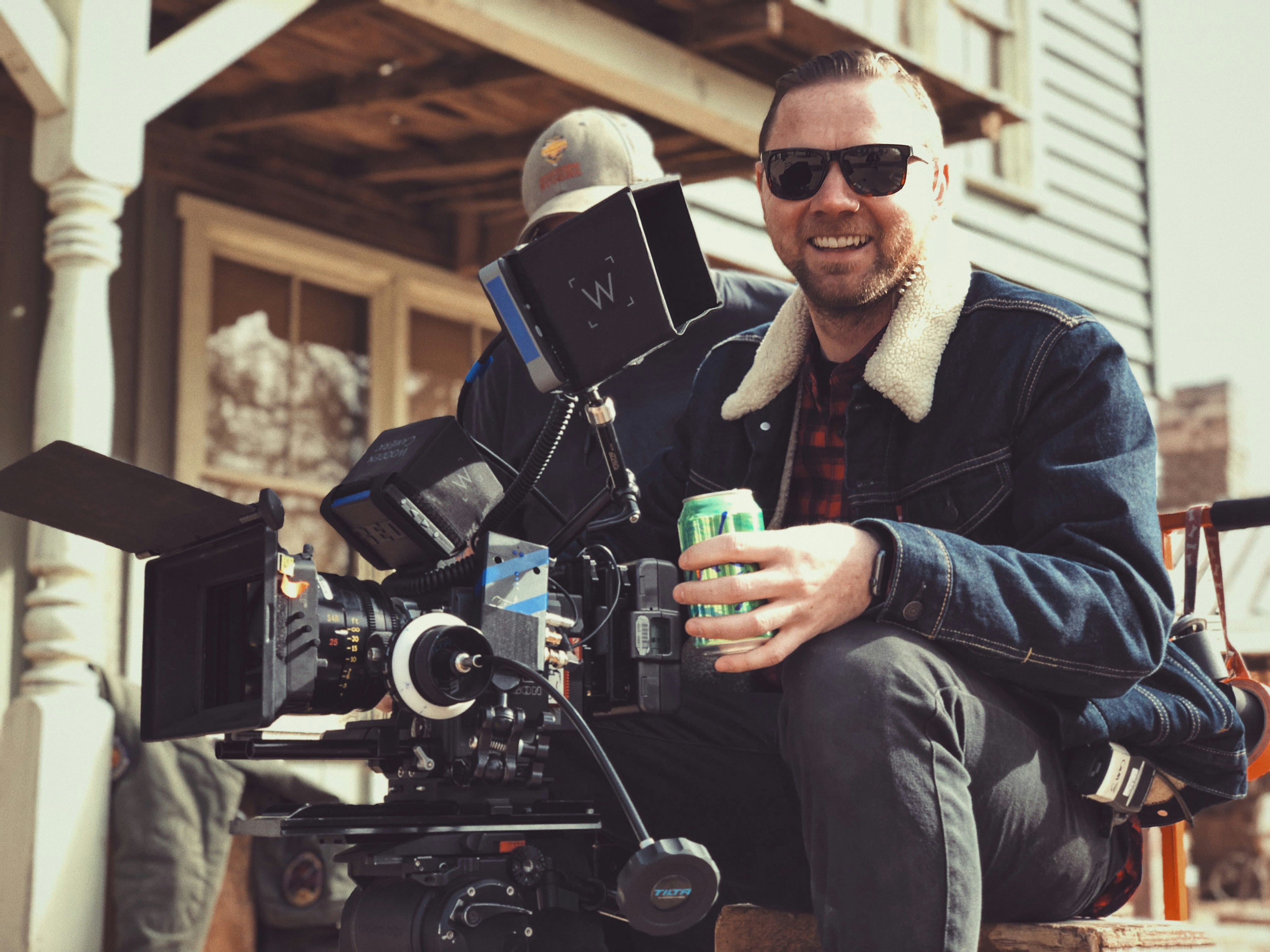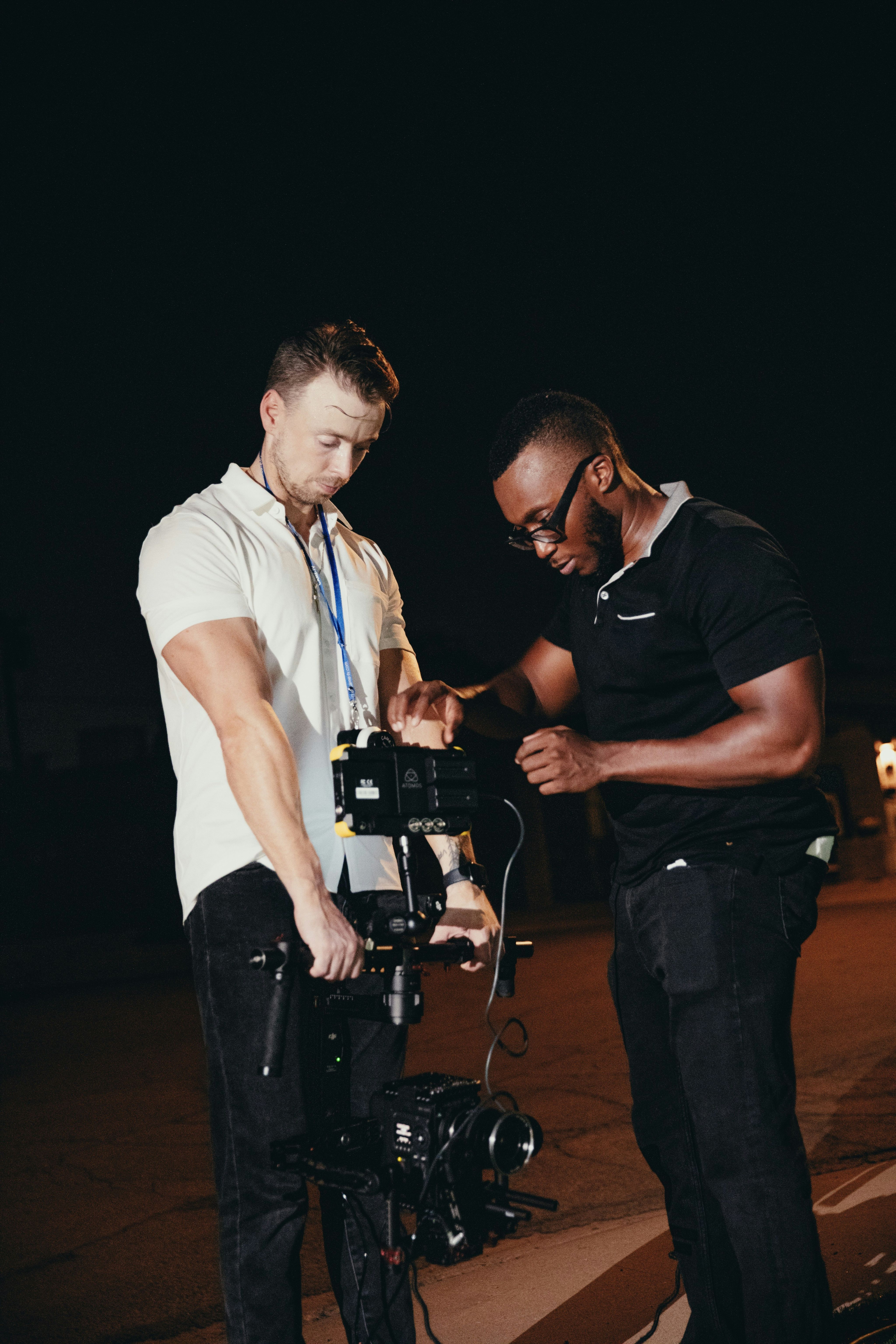Film’s New Frontier: Artificial Intelligence as a Director’s Best Friend

The film industry has always been a playground for innovation, from the first silent movies to CGI-driven blockbusters. But in 2025, a new player is transforming the way stories are told: artificial intelligence (AI). Once seen as a behind-the-scenes tool, AI is now stepping into the spotlight as a director’s creative partner, shaping scripts, optimising workflows, and even influencing cinematic aesthetics.
As technology and creativity continue to collide, aspiring filmmakers must learn how to harness these tools to stay ahead. That’s where forward-thinking education like the Broadcasting and Film course at IACT College becomes essential—blending storytelling skills with digital fluency for the next generation of content creators.
AI in Filmmaking: From Hype to Hands-On Tool
AI in film isn’t science fiction. It’s real, and it’s here. Directors, editors, and producers are already using AI tools in a variety of powerful ways:
1. Scriptwriting Assistance
AI-powered platforms like ChatGPT and Sudowrite help generate story ideas, dialogue drafts, and alternative endings. While AI doesn’t replace human creativity, it enhances brainstorming and reduces writer’s block.
2. Casting and Audience Prediction
Machine learning algorithms can analyse audience preferences, predict casting success, and even estimate box office performance based on script and actor combinations. This data-driven insight is becoming vital in pre-production planning.
3. Automated Video Editing
Tools like Runway and Adobe Premiere Pro’s AI features allow filmmakers to edit footage faster, remove background noise, color grade scenes, and even add VFX with simple prompts, saving time without sacrificing quality.
4. Virtual Production & CGI
AI assists in generating digital environments, facial animations, and motion capture, creating realistic scenes without the cost of physical sets. For indie filmmakers, this levels the playing field in terms of production value.
Why AI Matters for the Future of Film
AI isn’t just about efficiency. It’s about expanding creative possibilities. Directors can now focus more on storytelling, mood, and vision while allowing AI to handle the technical and repetitive aspects of filmmaking. The result? Faster production timelines, reduced costs, and greater room for experimentation.
Moreover, AI democratises filmmaking. Small teams and student filmmakers can now produce high-quality content that was once only possible with million-dollar budgets. The future of film belongs not just to Hollywood, but to those who know how to creatively use tech.
The Human Element: Creativity Still Reigns
Despite all the buzz around AI, one thing remains unchanged: human emotion, vision, and storytelling are irreplaceable. AI can suggest a plot twist, but only a filmmaker can craft a story that moves hearts.
This is why a comprehensive education in broadcasting and film must go beyond just technical skills. Students need to understand character development, audience psychology, editing rhythms, and visual storytelling. These are areas where IACT College stands out.
Why Study Film at IACT College?
The Broadcasting and Film course at IACT College is designed for aspiring filmmakers who want to master both traditional and modern storytelling techniques.
Students learn:
- Film theory and history
- Scriptwriting and storyboarding
- Cinematography, directing, and editing
- Practical skills in using industry-standard software
- Emerging technologies like AI, virtual production, and digital effects
IACT’s hands-on approach includes real-world projects, internships, and mentoring from industry professionals. Whether your dream is to be a director, cinematographer, or digital content producer, this course equips you with the creative and technical foundation to thrive in a rapidly evolving industry.
Real-World Success Stories
- “The Frost” (2023) was a short film almost entirely storyboarded and pre-visualised using AI tools like Midjourney and Runway, earning acclaim for blending tech and artistry.
- Netflix is now using AI-driven analytics to recommend script adjustments for new productions, boosting both storytelling and audience engagement.
- Independent creators on platforms like YouTube and TikTok are using AI for automated subtitles, voiceovers, and visual effects, building large audiences with lean teams.
These examples prove one thing: those who understand AI and film are the future of storytelling.
Final Takeaway: The Best Directors of Tomorrow Use AI Today
AI is not here to replace directors. It’s here to amplify their vision. From ideation to post-production, artificial intelligence is making filmmaking more accessible, efficient, and exciting.
To become a successful filmmaker in 2025 and beyond, it’s not enough to just know how to shoot a scene. You need to know how to leverage technology, connect emotionally with audiences, and tell stories that resonate in a digital age.
At IACT College, students learn to do just that. With the Broadcasting and Film course, you'll not only gain hands-on experience—you’ll step confidently into the film industry’s new frontier.
References
- Variety. How AI Is Transforming the Movie Industry in 2025. https://www.variety.com
- Adobe. AI in Video Editing: The Future Is Now. https://www.adobe.com
- Forbes. AI and Filmmaking: A New Creative Partnership. https://www.forbes.com
- Runway. Creative Tools Powered by AI. https://runwayml.com
- IACT College. Broadcasting and Film Course Overview. https://www.iact.edu.my/broadcasting-film/



